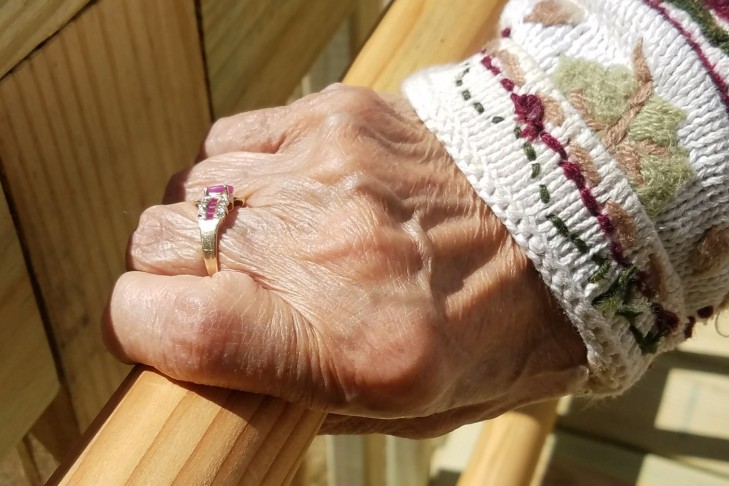At Congregation Beth El of the Sudbury River Valley, we are honored to be a congregational partner in the Ruderman Synagogue Inclusion Project (RSIP). This came about, in large part, due to materials we developed to encourage families of b’nai mitzvah students to be more inclusive of fellow students with disabilities—students who had felt excluded by the process and their peers.
Several years ago, several congregants wrote a b’nai mitzvah inclusion guide entitled “Removing the Obstacles.” This amazing resource helps guide our b’nai mitzvah families through our very unique Torah class experience. Young people and their families study together weekly for 13 weeks and then go away for a weekend retreat. The guide includes suggestions for inclusion and helps families think about how others might feel and function. The goal is to help create a cohesive Torah class that is shaped by empathy, respect, and kindness.
Being mindful of everyone
We believe that it is vital for the entire community to be mindful of the needs of all members. We are acutely aware that individuals have faced barriers to full participation in congregational life. Our goal is to make all offerings of our congregation available to members of the Beth El community who have disabilities and to celebrate the creativity and unique contributions that everyone brings to Beth El. New members are encouraged to identify accessibility needs so we can better include them in all that Beth El has to offer.
Members of our inclusion committee were very pleased by the excellent member response to our initial inclusion survey. Based on the results, we developed a comprehensive list of needs and modification recommendations for our building, education programs, and ritual observances. To deepen our learning, the committee invited congregants with disabilities to reach out to our committee to discuss their specific needs and concerns. In the past two years, the non-hierarchical culture of Beth El has supported the changes recommended by the committee in the interest of reaching our inclusion goals.
Keeping the momentum going
In the past two years, as a result of being invited into RSIP, we have refocused our inclusion efforts. Thus far we have used Ruderman support to prepare a comprehensive plan to build on our prior efforts.
These are some of our most significant accomplishments to date:
-
- For people with low or impaired vision, large print prayer books, magnifying reading glasses, and access to Torah aliyot are available.
- We’ve added assistive hearing devices and more consistent microphone use, which has improved access for people with hearing impairments.
- A fragrance-free section of our sanctuary is now identified so that people with seizure disorders or chemical sensitivity can attend services without risk.
- Aisle seating in the sanctuary is designated for wheelchair users and their companions.
- Services and some programs are being live streamed online so that people who are unable to be physically present may participate remotely.
- We have recently added a basket of “focus tools” for people who find they enable them to better focus on their prayer. Signage on sanctuary doors explains available resources.
- Over 30 years ago, a group of Beth El congregants wrote our unique prayer book, “V’Taher Libenu,” one of the first gender-neutral prayer books, which we still use today. This was followed by a gender-neutral Rosh Hashanah prayer book.
- In consideration of people with food allergies, Oneg Shabbat and Kiddush hosts are instructed to prepare and label gluten, egg, dairy, tree nut, and legume-free options. Plastic gloves are available to limit cross contamination. Hosts are instructed to read guidelines carefully when preparing food for services and programs.
- We are in the process of making access improvements to restrooms, hallways, and doorway thresholds. This fall, Beth El families worked with professional landscapers from New Leaf Construction to build a beautiful wooden ramp from the sanctuary to our Gan HaDorot (Garden of the Generations), which provides safe mobility access to this inviting, meditative space where many enjoy praying the Amidah, visiting our fabulous sukkah, and making Kiddush in nice weather.
Looking ahead
We are aware that many disabilities are invisible. Lack of awareness of mental illness, autism, and cognitive disabilities may cause barriers to meaningful participation in congregational life. The work of the inclusion committee will continue to make improvements so that our congregation is inclusive to all.
This post has been contributed by a third party. The opinions, facts and any media content are presented solely by the author, and JewishBoston assumes no responsibility for them. Want to add your voice to the conversation? Publish your own post here. MORE


